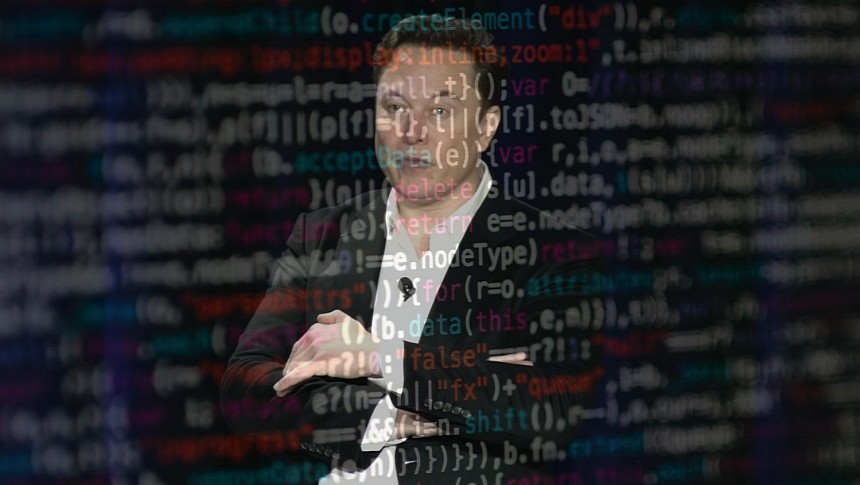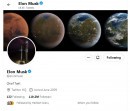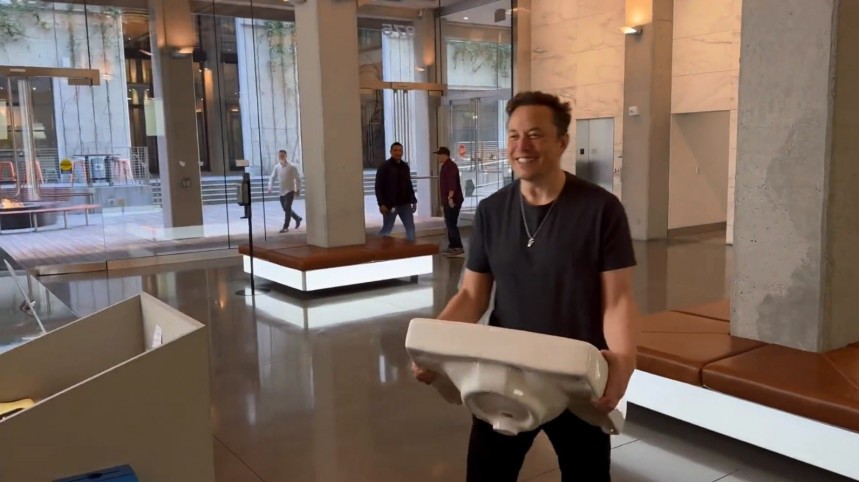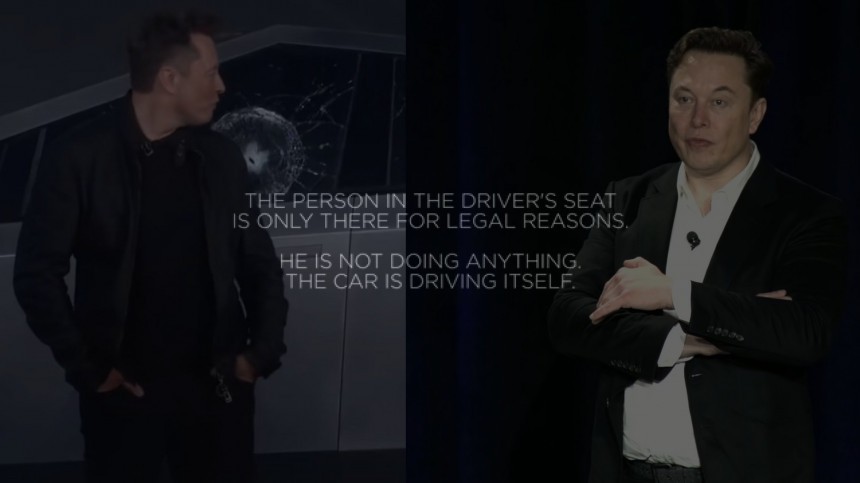I was shocked after seeing the headlines about Tesla suing two whistleblowers. That was the BEV maker's answer to what is now more popularly known as Tesla Files. Most of them said the company was suing former employees who caused a data leak affecting 75,000 employees. That is not true: those guys gave Handelsblatt data that they could easily retrieve to show how Tesla did not protect it as it should. Why did we see these headlines, then? Two things: bad journalism and Elon Musk.
The first could be fixed with proper context and just a minimum willingness to understand the case before writing anything about it. Rushing to publish a story can contribute to the problem, but laziness is also a major factor. Regarding Elon Musk, just check recent episodes involving the Tesla CEO, and you will see that shifting the narrative is one of his specialties – helped by bad journalism, I should add.
Just try to remember Elon Musk's cage fight against Mark Zuckerberg. The Tesla CEO challenged the Facebook owner. Zuckerberg accepted, which probably was what Musk thought would not happen. With the risk of taking a beating, the Tesla CEO started coming up with lame excuses – such as a neck operation – to avoid fighting. The Facebook honcho eventually decided he had had enough and said they should only talk about it again when Musk was serious. The Tesla CEO tried to make it look like Zuckerberg was chickening out – in other words, Musk blamed the Facebook boss for doing what he was doing. Against all pieces of evidence, several media outlets bought his narrative. Unsurprisingly, that's not the only time he regretted something and tried to make it look like something else.
Do you remember the Twitter purchase? It all started with Musk saying he would buy the company on April 14, 2022, for $43 billion (or $54.20 per share). He had already bought 9.2% of the company. Twitter's shareholders almost used a poison pill strategy to prevent a hostile takeover but eventually thought Musk's offer was a pretty sweet deal to refuse. It was the Tesla CEO who realized what a lousy purchase it was and started trying to back down in May. With the excuse that 5% of Twitter's active accounts were bots, Musk did all he could to escape the deal until Chancellor Kathaleen McCormick ruled him in. The Tesla CEO tried to make it look like he was buying the company because he wanted to do that. Again, there are people who will swear that this was the case. Ironically, even Musk later admitted he had no other choice.
Those who followed the very beginning of Russia's attack on Ukraine will remember that the Tesla CEO proposed to set the whole thing with another fight. The difference is that Musk proposed to beat Vladimir Putin. The winner would take Ukraine. Musk also mocked Putin for never answering his challenge – as if the Tesla CEO was entitled to bet an entire country in his juvenile ego trip. People wrote about the episode without putting Musk's bravado under the proper perspective – as they had forgotten what was at stake with the Tesla Files.
I wrote at the time that it was weird that the case did not make customers and employees all over the world – and particularly in the US – demand immediate changes in how Tesla manages data. It must be frustrating for the whistleblowers to realize the people they were trying to protect do not seem to give a damn about the case. They should be thanking them for the courage to challenge the world's most valuable car company in market cap. Yet, what you see the most are Tesla advocates downplaying the whole thing. When they have to admit how serious it is, they accuse the whistleblowers of doing precisely what the BEV maker did: expose their data to anyone with access to Tesla's computers. There was no control, no restriction, and no excuse for the private information of employees and customers to be so easily reachable by people without the proper authorization to do so.
Sadly, the prevailing narrative is the one Tesla dictated in its data breach letter. Even people who like to call themselves journalists took that at face value. It is as if these former Tesla employees were after personal benefits when they got in touch with the German newspaper to describe how inadequate data protection was at Tesla. It is as if they made a fortune by sharing that instead of having the headache of dealing with the BEV maker's lawyers and the flying monkeys now trying to paint them as the bad guys.
Edward Niedermeyer recently wrote a fantastic text talking about what happened to the information world for Elon Musk to deserve so much credit when a basic fact check would equate the Tesla CEO to Baron Münchhausen. According to Niedermeyer, the internet has made information so abundant that people simply do not know what to believe. I'd add that journalists have also shifted from fact investigators to becoming hunters of the next viral story. Clicks are all that matters. Serious journalistic work gets diluted by trivialities, which is quite frustrating for anyone pursuing the truth.
Elon Musk only talks to journalists who will write what he wants. All his companies follow a similar procedure, even if more restrictive: they just don't. Ironically, he said in 2018 that he would create a website called Pravda (truth, in Russian) to rate journalists. Pravda was the official USSR newspaper, publishing what the Soviet Communist Party wanted the people to believe. In other words, it had zero commitment to the truth: all it cared about was propaganda, which is quite fitting. As Pravda was already registered, Musk went with Pravduh. This website never did anything, but you will find quite easily YouTube videos praising it.
Honestly, anyone dealing with journalism and being moved by its alleged power to change things will soon work with something else. The stubborn ones may think we are too old to find a new profession. It may also be the case that we just believe we have a purpose and cannot escape it. Whatever explains this insistence on presenting facts the way they are and under the correct perspectives, the deal is that some people still wake up every day with that in mind. Seeing people trying to distort the facts to fit their narratives is infuriating when it comes from those who clearly profit from that. When it comes from the people who should be arm in arm with you, it is just deeply disappointing.
Just try to remember Elon Musk's cage fight against Mark Zuckerberg. The Tesla CEO challenged the Facebook owner. Zuckerberg accepted, which probably was what Musk thought would not happen. With the risk of taking a beating, the Tesla CEO started coming up with lame excuses – such as a neck operation – to avoid fighting. The Facebook honcho eventually decided he had had enough and said they should only talk about it again when Musk was serious. The Tesla CEO tried to make it look like Zuckerberg was chickening out – in other words, Musk blamed the Facebook boss for doing what he was doing. Against all pieces of evidence, several media outlets bought his narrative. Unsurprisingly, that's not the only time he regretted something and tried to make it look like something else.
Do you remember the Twitter purchase? It all started with Musk saying he would buy the company on April 14, 2022, for $43 billion (or $54.20 per share). He had already bought 9.2% of the company. Twitter's shareholders almost used a poison pill strategy to prevent a hostile takeover but eventually thought Musk's offer was a pretty sweet deal to refuse. It was the Tesla CEO who realized what a lousy purchase it was and started trying to back down in May. With the excuse that 5% of Twitter's active accounts were bots, Musk did all he could to escape the deal until Chancellor Kathaleen McCormick ruled him in. The Tesla CEO tried to make it look like he was buying the company because he wanted to do that. Again, there are people who will swear that this was the case. Ironically, even Musk later admitted he had no other choice.
I wrote at the time that it was weird that the case did not make customers and employees all over the world – and particularly in the US – demand immediate changes in how Tesla manages data. It must be frustrating for the whistleblowers to realize the people they were trying to protect do not seem to give a damn about the case. They should be thanking them for the courage to challenge the world's most valuable car company in market cap. Yet, what you see the most are Tesla advocates downplaying the whole thing. When they have to admit how serious it is, they accuse the whistleblowers of doing precisely what the BEV maker did: expose their data to anyone with access to Tesla's computers. There was no control, no restriction, and no excuse for the private information of employees and customers to be so easily reachable by people without the proper authorization to do so.
Sadly, the prevailing narrative is the one Tesla dictated in its data breach letter. Even people who like to call themselves journalists took that at face value. It is as if these former Tesla employees were after personal benefits when they got in touch with the German newspaper to describe how inadequate data protection was at Tesla. It is as if they made a fortune by sharing that instead of having the headache of dealing with the BEV maker's lawyers and the flying monkeys now trying to paint them as the bad guys.
Elon Musk only talks to journalists who will write what he wants. All his companies follow a similar procedure, even if more restrictive: they just don't. Ironically, he said in 2018 that he would create a website called Pravda (truth, in Russian) to rate journalists. Pravda was the official USSR newspaper, publishing what the Soviet Communist Party wanted the people to believe. In other words, it had zero commitment to the truth: all it cared about was propaganda, which is quite fitting. As Pravda was already registered, Musk went with Pravduh. This website never did anything, but you will find quite easily YouTube videos praising it.
Honestly, anyone dealing with journalism and being moved by its alleged power to change things will soon work with something else. The stubborn ones may think we are too old to find a new profession. It may also be the case that we just believe we have a purpose and cannot escape it. Whatever explains this insistence on presenting facts the way they are and under the correct perspectives, the deal is that some people still wake up every day with that in mind. Seeing people trying to distort the facts to fit their narratives is infuriating when it comes from those who clearly profit from that. When it comes from the people who should be arm in arm with you, it is just deeply disappointing.


















